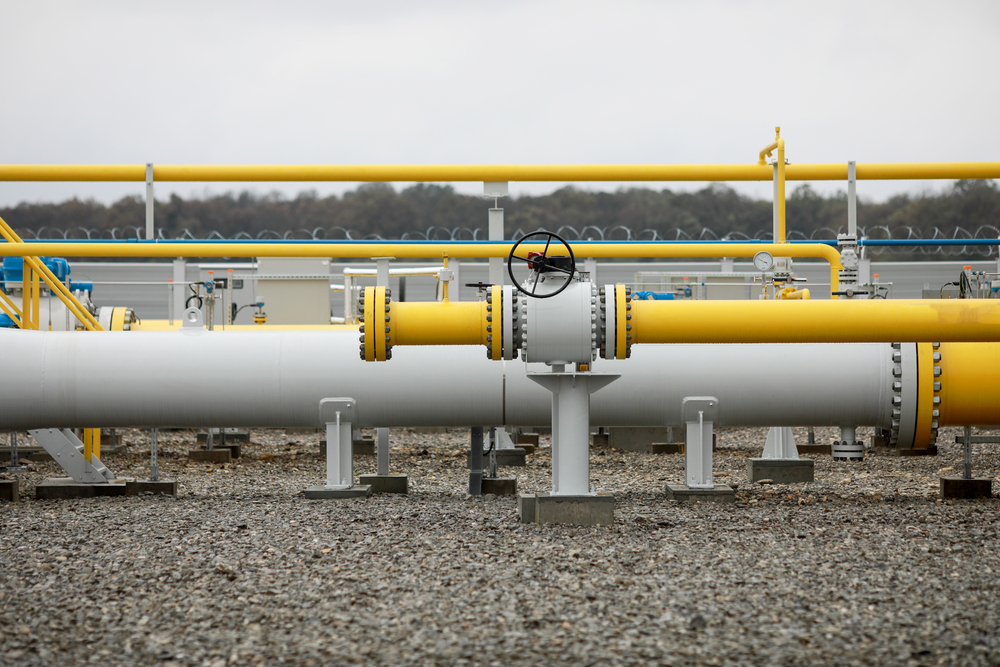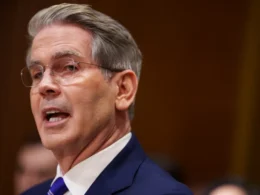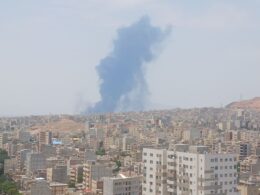EU representatives have failed to approve the 15th package of sanctions against Russia, which included an extension for the Czech Republic to import Russian oil-based products, mainly through Slovakia, Reuters reports, citing unnamed diplomats.
According to the report, two EU member states blocked the adoption of the package due to disagreements over extending the deadline given to European companies to withdraw investments from Russia. It is unclear which states are involved. EU members will revisit the package at a later date.
Diplomats told journalists that the package discussions also included debates on extending an EU exemption allowing the Czech Republic to continue importing diesel fuel and other products derived from Russian oil and produced at a Slovak refinery. Prague has stated it does not seek to extend the exemption, while Bratislava has declared its intention to maintain the agreement.
The agency highlighted that the Slovak refinery Slovnaft, owned by the Hungarian company MOL, is a significant supplier of diesel fuel derived from Russian oil to the Czech Republic. According to Czech officials, a six-month extension of the agreement might be agreed upon.
The EU banned most imports of Russian oil following Russia's all-out war against Ukraine in 2022. Exceptions were made for the Czech Republic, Slovakia, and Hungary due to their lack of alternative supply sources.
Read more:





